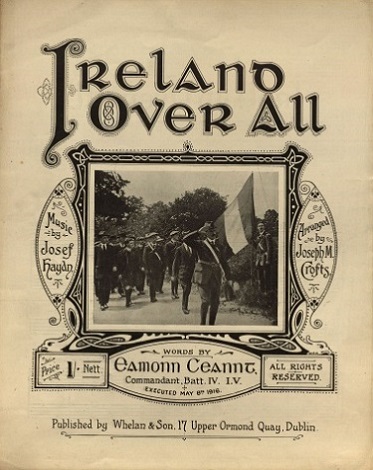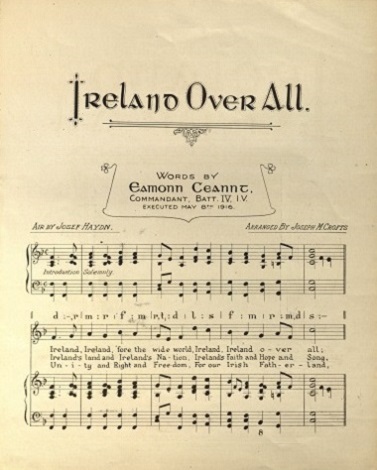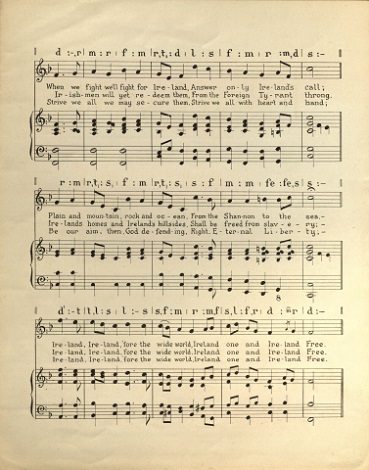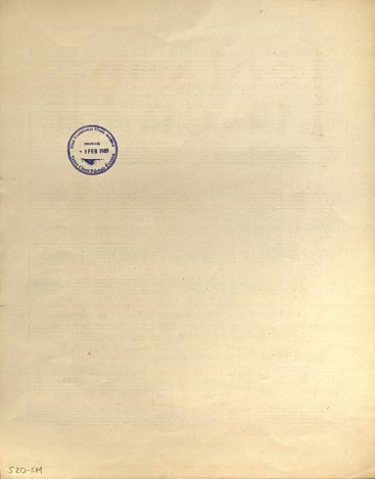Life
| 1881-1916 [bapt. Eamon Kent]; b. 21 Sept. Ballymore [var. Glennamaddy], Co. Galway; son of RIC constable, later transferred to Dublin; ed. locally (National School) and and N. Richmond St. CBS, Dublin; worked as accountant in the Treasury Dept. of Dublin Corporation (Dublin City Council); radicalised by 1798 Commemorations, and later by the Boer War; joined the Gaelic League, 1899 [var. 1900], and taught Irish to newcomers; elected to the governing body; m. Áine Brennan in an Irish ceremony, June 1905, with whom Ronan, b. June 1906; accompanied Irish athletes to the jubilee of Pius X and played the uileann pipes before him in a private audience with some elderly Irish priests; joined Sinn Féin, 1907 [var. 1908]; |
| recruited to IRB by Seán MacDiarmada, 1913 [var. 1912]; elected to Provisional Committee of Irish Volunteers, Nov. 1913; served as Captain in A Company of 4th Batt.; played a role in the Howth Gun-running, July 1914; mbr. of Supreme Council, 1915; signed Easter Rising Proclamation with others, and commanded the South Dublin Union and Marrowbone Road Distillery outposts of the Volunteers in the 1916 Rising, with Cathal Brugha as second-in-command, and W. T. Cosgrave in his contingent; surrendered on instructions from Pearse; held at Kilmainham, and sentenced by court-martial and executed by firing-squad, 8 May 1916; his widow founded the White Cross to help families impoverished by British actions; Ceannt Station (Galway) is named after him. DIB DIH |
[ top ]
Criticism
William Henry, Supreme Sacrifice: The Story of Eamonn Ceannt, 1881-1916 (Cork: Mercier Press 2005), 160pp.
Bulmer Hobson: ‘Ceannt was a very unusual figure. A very tall man ... always a separatist, a member of the IRB. He was an accountant ... Very keen on playing the pipes. A very sincere and good person, rather fanatical, but really one of the nicest and best people in the movement.’ (Quoted on RTE site in connection with archive record of Seachtar Mór an Éirí Amach, presented by Ó Sheán Ó Lúing, 14 April 1966 - see online.)
[ top ]
Quotations
Last words: ‘I bear no ill-will towards those against whom I have fought. I have found the common soldiers and higher officers human and companionable, even the English who were actually in the fight against us. Thank God soldiering for Ireland has opened my heart and made me see poor humanity where I expected to see only scorn and reproach […].’ (Quoted in D. J. Hickey & J. E. Doherty, A Dictionary of Irish History 1800-1980, Dublin: Gill and Macmillan 1980).
|
||||
|
[ top ]



